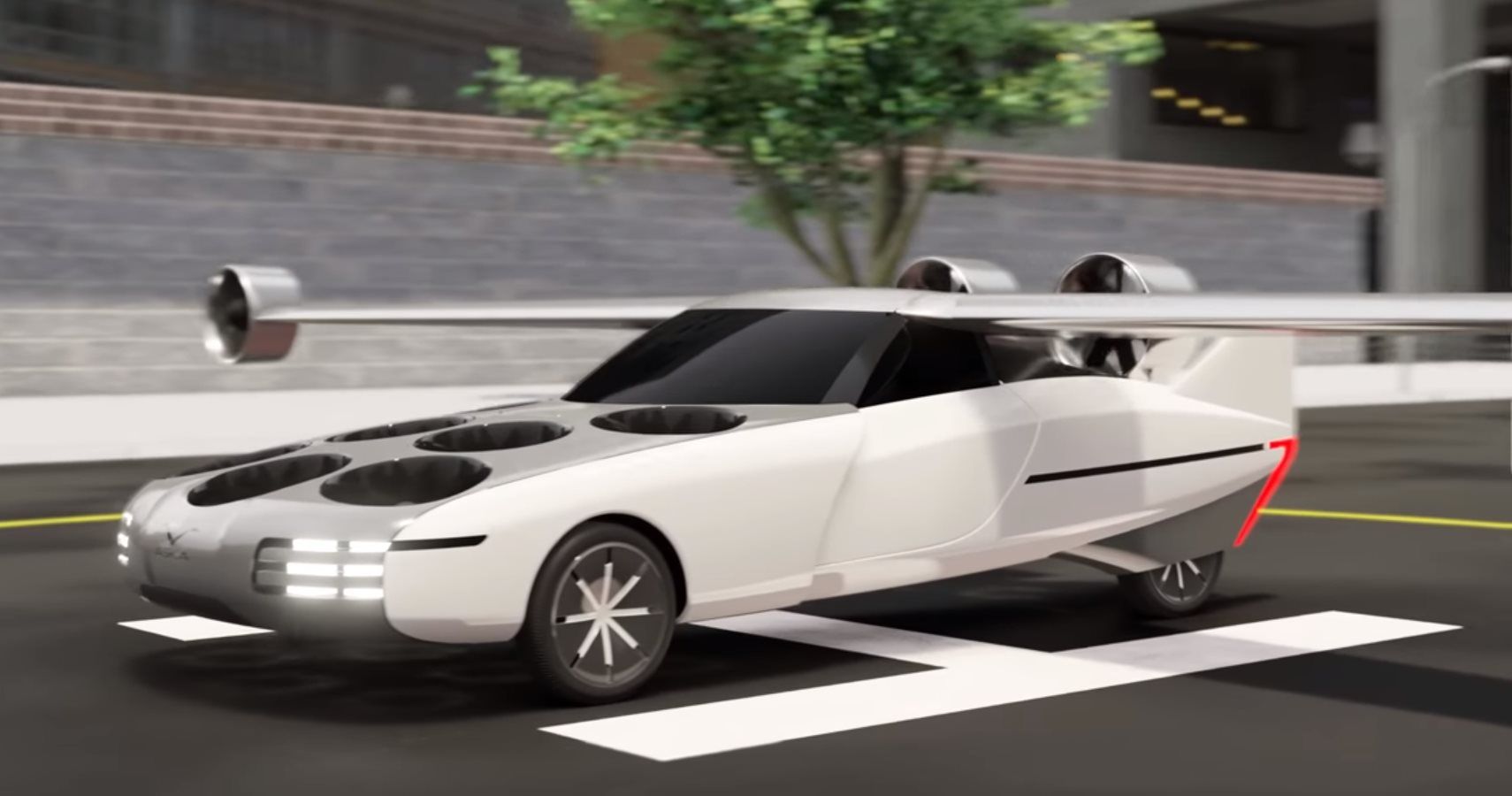This is a $200,000 flying car concept that the startup co-founder says is something “everyone can afford.”
Way back in the ‘50s, we were promised flying cars by the 1980s. Now it’s almost 2020, and there’s still not a single flying car on the road or in the sky. And it’s starting to look far more likely that we’ll just skip flying cars entirely and go straight to autonomous drones.
But one startup is still dead set on making the flying car a reality. Their creation is called the “Aska” (which is Japanese for “flying bird”), and it comes from Mountainview, California-based company NFT. They plan to test fly the Aska sometime in 2020, with sales tentatively scheduled to start in 2025.
The Aska’s design is fairly unconventional. About the size of a large SUV, the Aska is 20 feet long with a 40-foot wingspan. Ducted fans are placed on the wings and throughout the Aska’s fuselage that provides propulsion in flight and can be angled either vertically or horizontally, depending on the task at hand. The Aska lands and takes off vertically from any open space sufficiently large enough (such as a few empty parking slots) and once airborne the fans tilt vertically so the Aska can fly like a conventional aircraft.
Use of folding wings allows the Aska to generate lift while traveling through the air and use less power than today’s drones. It also has an autopilot function that takes care of aerial flight for you so there’s no pilot’s license required.
Range is about 350 miles, but that’s just with one passenger. The fans and wheels are electric, with a small gas generator on board to boost the battery when it starts to run low.
And the starting price for this aerial monstrosity? $200,000. However, co-founders Maki and Guy Kaplinsky see that price falling to $50,000 after production begins, and a subscription service will offer the Aska for between $200 and $300 per month.
"We are not building something for rich people," Guy Kaplinsky told CNET in an interview. "We are building something that everyone will be able to afford."
Flying cars are nice and all, but they’re also technically difficult and have never seen regulatory approval. Drones, on the other hand, are a budding technology that will someday soon allow passengers to fly almost anywhere on electric power alone.
So good luck with the Aska, NFT. We’re pretty sure that drones will make this car obsolete long before 2025.

